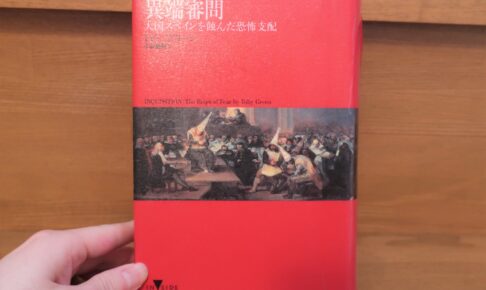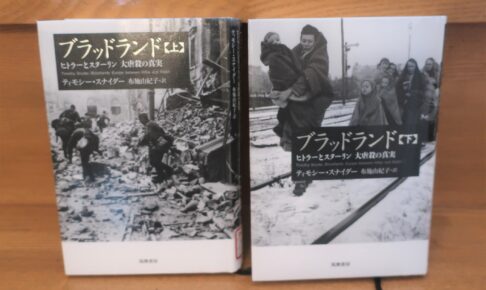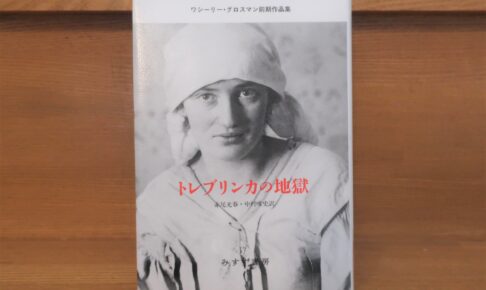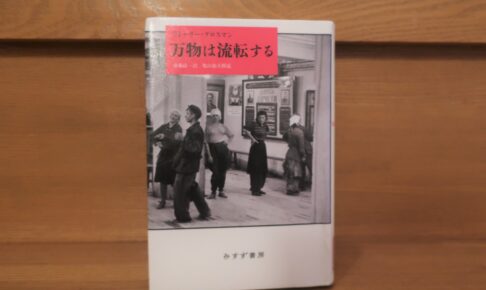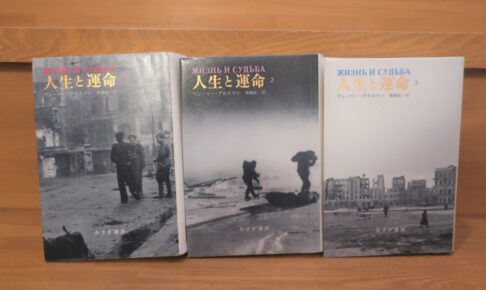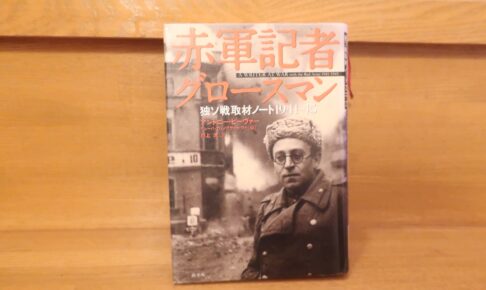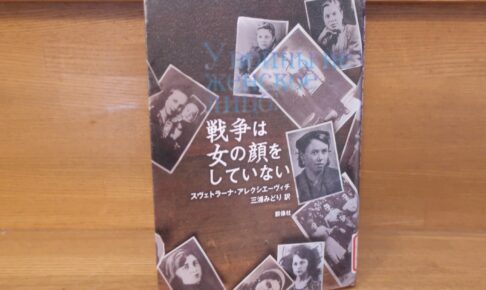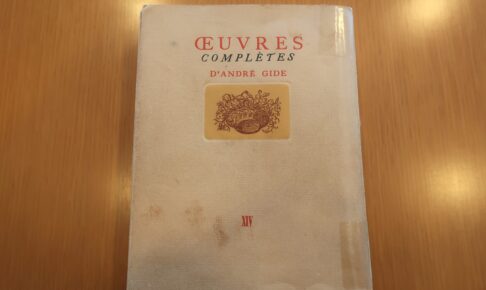(4) Social distrust due to rampant secrecy and snitching during the Spanish Inquisition: Into a hellish world of doubt and suspicion
What we will see in this article is the process by which what was thought to be simply a system for judging heresy has become a disease of society as a whole.
At first, we only punished those we suspected.
However, this escalates and turns into a world of doubt and suspicion, where one can no longer be sure who is being tipped off by whom. In such a world, how can there be warm human interaction? Will there ever be the joyful connections we used to take for granted?
Once surveillance and snitching have become so entrenched, trust between people is broken.
Once this happened, there was little each individual citizen could do. Spain gradually lost its vitality...












